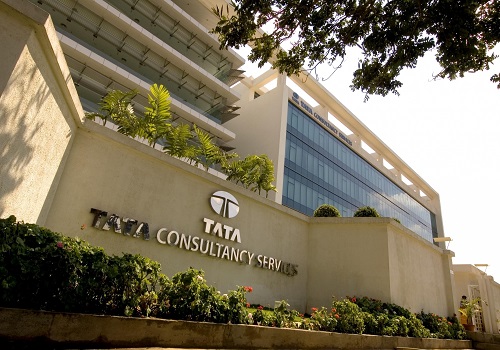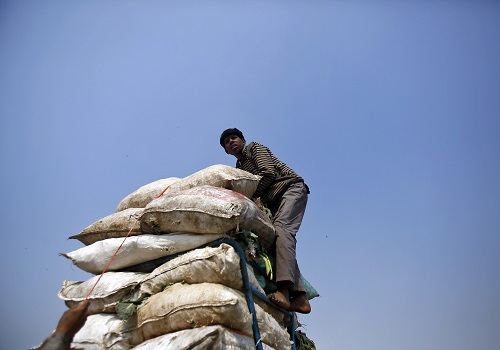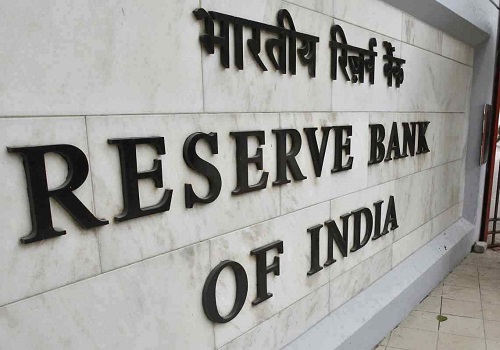India's private consumption to cross $2.4 trillion amid increased prosperity

While the macro picture has been bleak for the last two quarters, India's private consumption, which dipped to $2.2 trillion in Q3-Q4 in FY23, is on its way up and expected to cross $2.4 trillion in the fourth quarter of FY24, a report showed on Friday.
Indicators across emerging sectors, such as credit card spends, air travel and sales of vehicles, show signs of recovery in Q1 FY24 (April-June period), according to the report by Redseer Strategy Consultants.
The Indian macros are best positioned with a GDP of $6.5 trillion and a retail goods market size of $2 trillion, with the private final consumption expenditure (PFCE) at $4 trillion.
"The fundamentals are in the right place. Travel, financial services, recreation and insurance, among others, are 'prosperity-driven categories' and have experienced an acceleration," said Mrigank Gutgutia, Partner, Redseer.
"India's long-term consumption trends are gradually reflecting increased prosperity as the consumer behaviour evolves towards higher categories," he added.
According to the report, India's digital ecosystem is already at the gold standard with over 350 million active digital payment users, more than 50 million digital-using merchants and over 50 per cent digital ad share.
Other categories expected to accelerate with long-term growth, include education, personal vehicles, personal care, food, and clothing.
"Premiumisation, brand proliferation and digitisations being the core consumption themes across sectors. While the journey so far has been turbulent, India's Internet is poised to be in cruise control momentum until the end of the decade at a 25 per cent CAGR," the findings showed.
Although the total number of Internet transactors is 350 million, the mature Internet transactors who are frequent online buyers have plateaued around 40-45 million.
"While user base at the top of the funnel is robust, high-value transactors growth has been plateauing. This is because the potential of users across smaller cities is yet to be fully unlocked," said Gutgutia.
Solving key concerns among non-mature online transactors, such as complex ordering processes, lack of trust, and better offline offerings, is also needed to improve the total user base and high-frequency users, the report mentioned.























